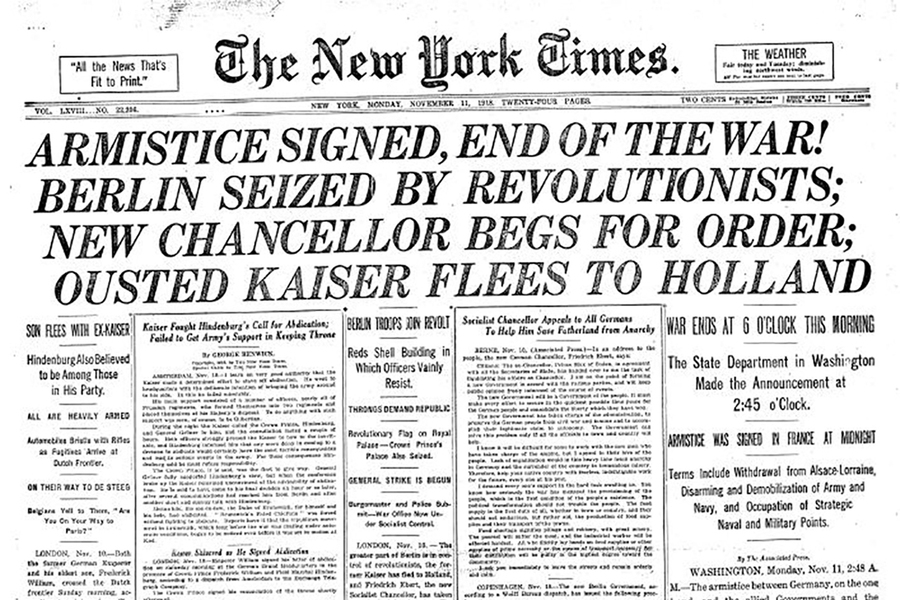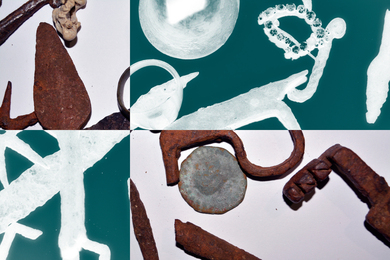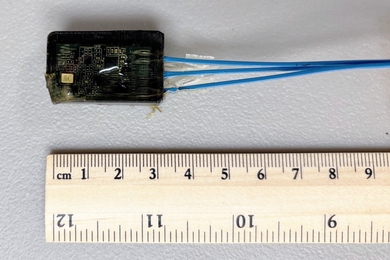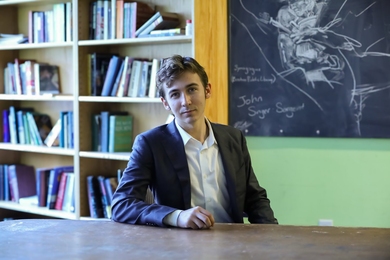One hundred years ago on Nov. 11, 1918, the Allied Powers and Germany signed an armistice bringing to an end World War I. That bloody conflict decimated Europe and destroyed three major empires (Austrian, Russian, and Ottoman). Its aftershocks still echo in our own times.
As this day of remembrance approaches — commemorated throughout Europe as Armistice Day, and in the U.S. as Veterans Day — it is a reminder of Machiavelli's tenet that ‘‘whoever wishes to foresee the future must consult the past." Stephen Van Evera, the Ford International Professor of Political Science and an expert on the causes of war, revisits the Great War and discusses key insights for today a full century after its bitter end.
Q: Who caused the war? Do historians agree or not? Where does the debate stand?
A: My answer is: The Germans caused the war. They wanted a general European war in 1914 and deliberately brought it about. Their deed was the crime of the century. But others disagree. A hundred years later scholars still dispute which state was most responsible. Views have evolved a lot, but there is no consensus.
During 1919 to 45 most German historians blamed Russia, or Britain, or France, while deeming Germany largely innocent. Historians outside Germany generally viewed the war as an accident, for which all the European powers deserved blame. Few put primary responsibility on Germany.
Then in 1961 and 1969 German historian Fritz Fischer published books that put greatest blame on Germany. His books stirred one of the most intense historical debates we've ever seen. The firestorm was covered in the German popular press, debated at public forums attended by thousands, and discussed in the German parliament, as though the soul of Germany was at stake — which in a way it was.
Fischer and most Fischer followers argued that Germany instigated the 1914 July crisis in order to ignite a local Balkan war that would improve Germany’s power position in Europe. German leaders did not want a general European war, but they deliberately risked such a war, and lost control of events. Some Fischerites went further, arguing that Germany instigated the 1914 July crisis in order to cause a general European war, which they wanted for “preventive” reasons — they hoped to cut Russian power down to size before Russia’s military power outgrew German power — and to position Germany to seize a wider empire in Europe and Africa. Both Fischer variants assign Germany prime responsibility.
Within Germany the Fischer view holds sway today. Germans broadly take responsibility for the war. But several recent works by non-Germans reject the Fischer view, assigning Germany less responsibility than Fischer while blaming others. So the Fischer school's views predominate in Germany but elsewhere the debate continues.
Q: Why is it important for scholars to assign responsibility for World War I, or for other wars?
A: When responsibility for past war is left unassigned, chauvinist mythmakers on one or both sides will over-blame the other for causing the war while whitewashing their own responsibility. Both sides will then be angered when the other refuses to admit responsibility and apologize for violence they believe the other caused, and be further angered that the other has the gall to blame them for this violence. They may also infer that the other may resort to violence again, as its non-apology shows that it sees nothing wrong with its past violence.
The German government infused German society with self-whitewashing, other-maligning myths of this kind about World War I origins during the interwar years. These myths played a key role in fueling Hitler’s rise to power in Germany in 1933. They were devised and spread by the Kriegsschuldreferat (War Guilt Office), a secret unit in the German foreign ministry. The Kriegsschuldreferat sponsored twisted accounts of the war’s origins by nationalist German historians, underwrote mass propaganda on the war’s origins, selectively edited document collections, and worked to corrupt historical understanding abroad by exporting this propaganda to Britain, France, and the U.S. This innocence propaganda persuaded the German public that Germany had little or no responsibility for causing the war. Germans were taught instead that Britain instigated the war; then outrageously blamed Germany for the war in the Versailles treaty’s War Guilt clause; and then forced Germany to pay reparations for a war Britain itself began.
An enraging narrative for Germans who believed it. And many Germans did. Hitler’s rise to power was fueled in part by the wave of German public fear and fury that this false narrative fostered. Hitler told Germans that Germany’s neighbors had attacked Germany in 1914 without reason, and then falsely denied their crime while falsely blaming Germany. States so malicious could well attack Germany again. Germany therefore had to recover its power and strike its neighbors before they struck Germany.
After 1945 international politics in Western Europe was miraculously transformed. War became unthinkable in a region where rivers of blood had flowed for centuries. This political transformation stemmed in important part from a transformation in the teaching of international history in European schools and universities. The international history of Europe was commonized. Europeans everywhere now learned largely the same history instead of imbibing their own national myths. An important cause of war, chauvinist nationalist mythmaking, was erased. Greatest credit for this achievement goes to truthtelling German historians — including the Fischer school — and schoolteachers who documented German responsibility for World War I, World War II, and the Holocaust and explained it to the German people. By enabling a rough consensus among former belligerents on who was responsible for past violence these historians and schoolteachers played a large role in healing the wounds of the world wars and making another round of war impossible.
Nationalist/chauvinist historical mythmaking declined worldwide after World War II but it never disappeared. It still infects many places. If, like the Germans, the people of these still-infected places faced their past truthfully they would downsize their sense of victimhood to better fit the facts. Their sense of grievance and entitlement would diminish accordingly. They would be quicker to see the justice in others' claims and to grant what others deserve. Peace with their neighbors would be easier to reach and sustain. War would be easier to avoid.
Q: What consequences — past and present — arose from the impact of the Great War?
A: Like a boulder that triggers a landslide as it tumbles downhill, World War I unleashed forces that later caused even greater violence.
Without World War I there would have been no Hitler, as he rose to power on trumped up grievances that stemmed from World War I. Hence without World War I, there would have been no World War II. There also would have been no Holocaust, as the Holocaust was a particular project of the Nazi elite that other German elites would not have pursued had they ruled instead of Hitler.
Without World War I there would have been no Russian revolution; hence no Leninism or Stalinism; hence no vast massacres by Stalin — approximately 30 million murdered — and no Cold War between the Soviet Union and the West during 1947 to 1989; hence no peripheral wars in Korea, Indochina, Afghanistan, Angola, Nicaragua, El Salvador, and Cambodia, killing millions.
The moral of story is: War can be self-feeding, self-perpetuating, and self-expanding. It has fire-like properties that cause it to continue once it begins. It is hard to extinguish because, like fire, it sustains itself by generating its own heat. In this case the “heat” is mutual fear and mutual hatred born of wartime violence, and war-generated combat political ideologies, like Bolshevism, Naziism, and extremist Sunni jihadism, that see human affairs as a Darwinistic struggle that compels groups to destroy others or be destroyed themselves.











